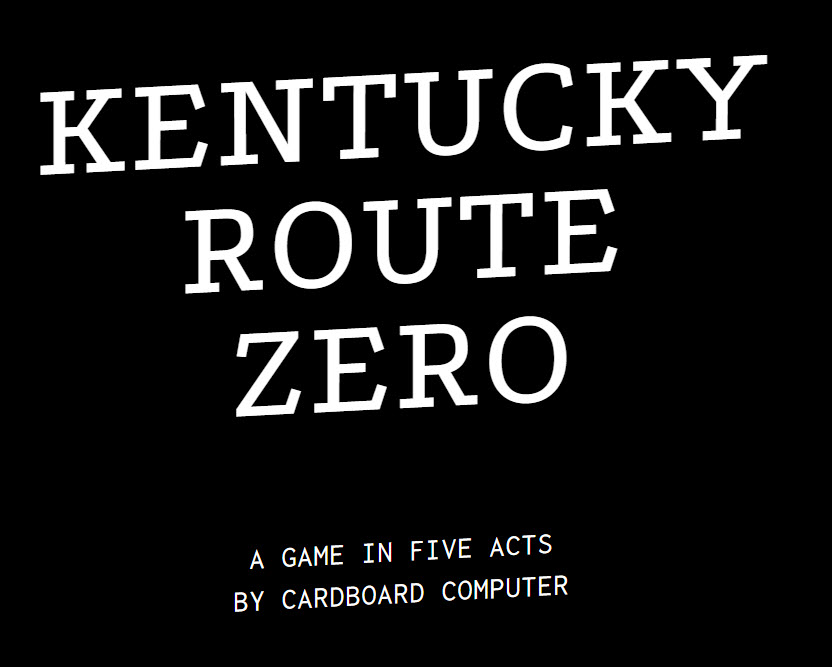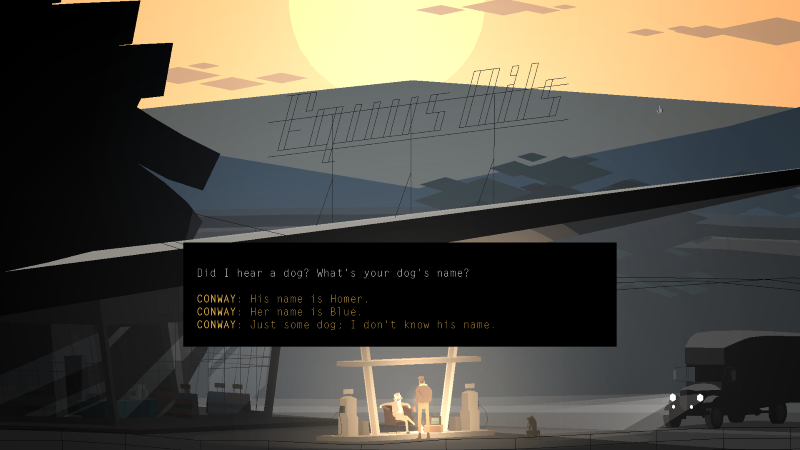Some of the best games I’ve played recently have been recommended to me by other people. I know my tastes, and I’m pretty proactive about finding games I know I’ll like, and as a result I tend not to listen to the games people suggest for me. A few things slip by, usually stuff that isn’t in my usual wheelhouse, and I usually get them from other people or the occasional errant thing I read on the web.
I’d like to add a feature where I suggest games I’ve played that I think are worth looking into for one reason or another. These will be “Tam Suggests” games, and I’ll be following up with another feature called “Tam Tries” which will be more of a standard review, done my way.
I’ll lead these off with a disclaimer: The game I suggest here are worth playing. This doesn’t necessarily make them good, and I don’t necessarily think everyone will like them. I’ll talk about why I think they’re worth playing, but don’t expect a lot of hard criteria-checking. In a review, I’ll be looking at the game holistically. For the Suggests series, I’m going to be focused on a small number of reasons that, despite its flaws, the game is worth your time.
Let’s start with one that’s been lodged in my brain for a few years now. Here we go.
Kentucky Route Zero is a weird game. Aggressively, intensely weird. So weird it’s able to drive the casual observer far away.
Kentucky Route Zero is one of the best examples of art in videogames I’ve ever seen.
The premise is very, very simple. You are a deliveryman, driving through Kentucky and trying to get to your last stop of the night, and you’re fairly far away. On your way, you find yourself taking a supernatural shortcut, a mysterious route called Route Zero, or just “the Zero” by those in the know.
It’s played like an old-style point-and-click adventure game, and you move around solving puzzles and exploring, seeing the sights and pushing ever onwards towards your goal. You meet interesting people who’re going the same way you are, and sometimes make friends. The whole thing is done in an almost impressionistic art style, shadow play and simple shapes hinting at what’s there, rather than showing you outright. Here’s the trailer, see for yourself:
Things get weird pretty fast. Then they get really weird, even faster. I have a pretty high threshold for strange, so it didn’t really faze me, but I’ve spoken to people who’ve tried the game and couldn’t handle how strange it gets. I don’t think it’s nonsensical, it’s just a little bit sideways, and the logic of Route Zero is more Through The Looking-Glass than you might expect, complete with weird, non-Euclidean geometries.
It’s worth playing for the art alone, but the sound design deserves a mention (in fact, its sound design has won awards). It flits between the dreamlike and the ominous, but keeps the running theme of “it’s late and it’s lonely out here on the road” going strong. I’ve commented before that there’s no alone like 5am, and KRZ captures that feeling very well.
It’s got great visuals and music, though that’s not why I think it’s worth playing. It’s worth playing because it does some very creative things with game narratives that only games can do. A lot of games, even very beloved ones, imitate movies for their storytelling; one-sided projections of the story to the audience. Kentucky Route Zero appears to do that until the first time you talk with an NPC. It shows you what to prepare for by introducing your dog.
It’s a simple, apparently meaningless choice. When you pick a name for the dog, a short blurb about the dog’s personality follows, and for the rest of the game, that’s the dog’s name and personality. Later, it comes up again, only you already know the dog’s name and whether or not the dog is friendly towards other people you meet is no longer your choice.
It’s a really simple concept as shown here, but it slowly gets deeper. When talking to NPCs, I can pick which conversation options tell which parts of the story I want to tell. It gets more complicated when I’m getting to choose what both sides of the conversation are saying, or even what multiple people in my slowly growing party have to say and when. Who interrupts whom, and who’s quiet while the others talk?
Eventually people will ask about your motivations, and this can lead into entire varied asides and different sorts of paths and conversations based on what you choose to say. At one point, I was helping set up a TV for someone, and at a certain point I could reminisce in a couple different ways about my parents and how they felt about TVs, or I could brusquely say “I know how to set up a TV”. I chose the latter, favoring action and displays of competence, and I was able to set up the TV without help. Later, a similar conversation came up and I opted to comment about my background as a mechanic and fix what needed fixing, rather than talking about it. The min-maxer in me enjoyed being able to just be good at whatever I wanted to say I was good at.
Some time later, two of the characters talked about how standoffish and aloof I’d been as Conway, and that control over the conversation came up again. I could have them argue, or mutually decide they didn’t like Conway, or show compassion.
As the game unfolds, you see more and more of the surrounding story– the colour gets filled in, if you will, but which colours you see vary based on your choices. It tells a very complex, winding story, but does so in a way that lets you explore it– not just the physical space, but the relationships with the characters.
It’s not for everyone, and it takes some excruciatingly weird turns, but the way in which it’s presented is really interesting, and I find myself looking forward to new chapters so that I can see where the story goes –where I can take it– next. It’s an experience I can’t really have outside games, and it shows off what the medium is capable of.
It may not be your cup of tea, but I think it’s worth a look.



It just occurred to me while reading your description that what this sounds like more than anything is improv. Reality adjusting to match what you say combined with things getting weirder and weirder; watch any episode of ‘Whose Line is it Anyway?’ and tell me that’s not exactly what’s happening on stage.